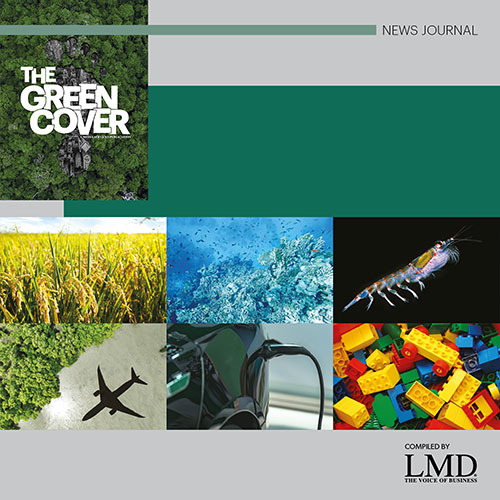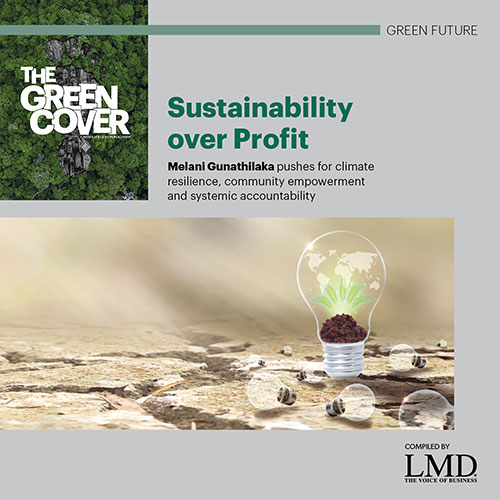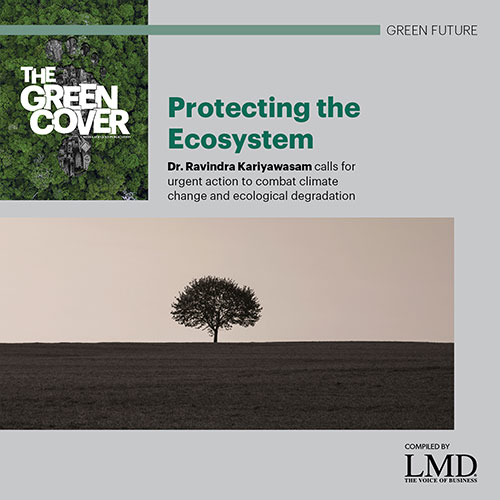CONSERVATION ENDEAVOURS
Ocean Watch
Lenin De Silva highlights the significance of the world’s marine ecosystems and our duty to preserve them
“Marine recreational fishing is known as a global leisure activity, and recognised for its cultural connectivity and economic importance,” notes Lenin De Silva, the President of the Marine Environment Conservation Society of Sri Lanka. However, he explains that the activity has both positive and negative impacts on marine ecosystems.
He points out that it can promote appreciation for the marine environment and encourage conservation efforts. Additionally, recreational fishing can contribute to local economies and provide livelihoods for many people.
“But overfishing – particularly when vulnerable or slow growing species are targeted – can disrupt the balance of marine populations and ecosystems. It can lead to targeted fish stocks being depleted, in turn affecting species that depend on them for food or habitats,” De Silva maintains.
“As individuals, we can protect eco- systems by adopting sustainable practices as they collectively help maintain the health and balance of ecosystems”
He notes: “Several activities are essential to reducing habitat damage, ranging from basic modifications such as increasing mesh eye size and size sorting grids to incorporating non-target species excluder devices and more importantly, monitoring, incorporating recreational fishing into fisheries policy management, planned stock assessments, data collection through collaborative actions and using the best scientific information available.”

Approximately 2.7 million people in Sri Lanka’s coastal communities depend on the fisheries sector for their livelihood, and 25 percent of the population are settled along the coastal belt while nearly 70 percent depend on fish as their primary protein intake.
But weather patterns affect fishing methods and fish availability, while factors such as illegal fishing, inequalities, user conflicts, outdated policies, overexploitation and insufficient governance jeopardise the food security of small island nations like Sri Lanka.
“Though it is not emphasised, our oceans hold most of the world’s biodiversity – especially coral reefs. They are directly connected to the global equilibrium of natural resources. Climate change disrupts ecosystems and alters habitats, leading to species distribution and abundance shifts. Rising temperatures and changing precipitation patterns can result in habitat loss and reduced resource availability for many species,” De Silva states.
He stresses that this can lead to declining populations, extinct species and disruptions in ecological interactions such that damage to tropical coral reefs, which support 25 percent of all marine species, could significantly limit the ocean’s diversity.
“As individuals, we can protect ecosystems by adopting sustainable practices as they collectively help maintain the health and balance of ecosystems, preserve biodiversity and mitigate the impacts of human activities on the environment,” De Silva concludes.






